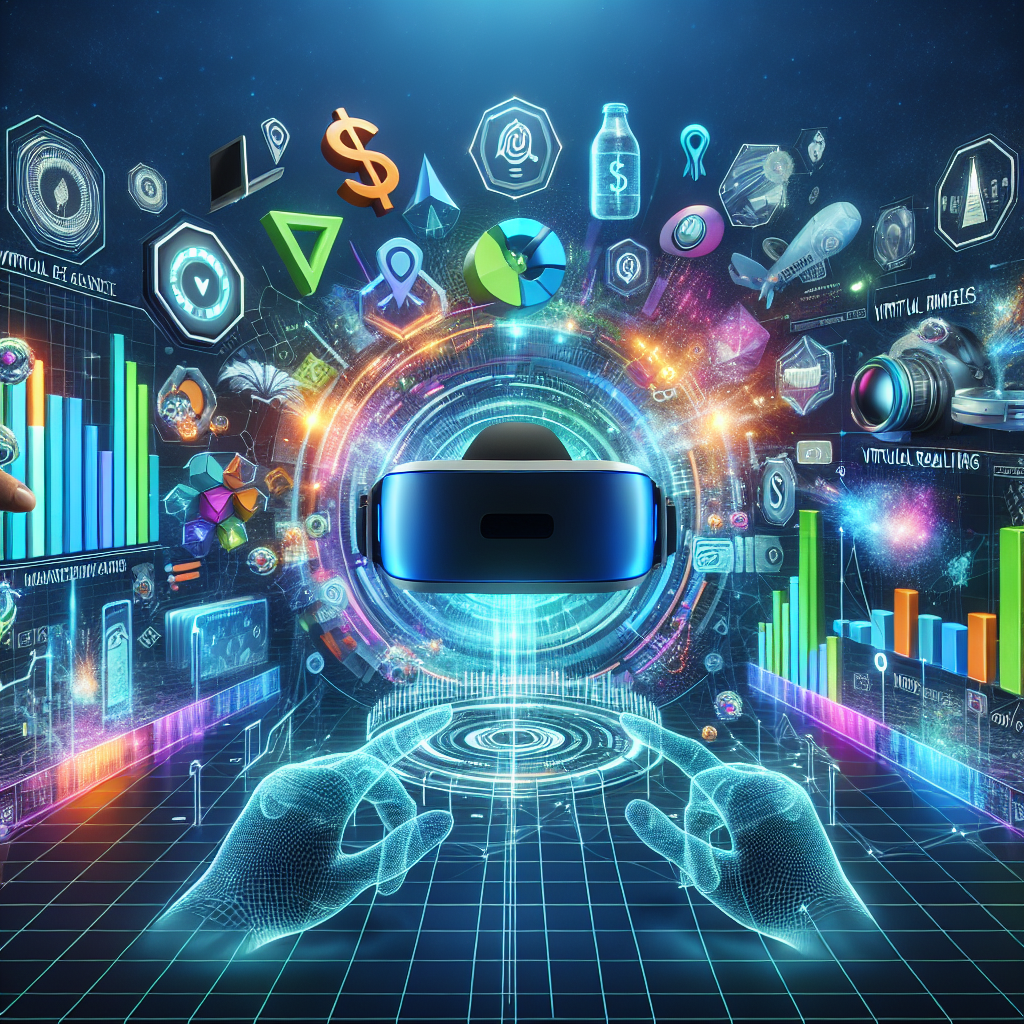The Rise of Virtual Reality in Marketing and Advertising
Virtual reality (VR) technology has been steadily gaining traction in various industries, including marketing and advertising. With the ability to create immersive and engaging experiences, VR is revolutionizing the way brands connect with consumers and deliver their messages.
One of the main advantages of VR in marketing and advertising is its ability to create a strong emotional connection with consumers. By transporting users to a virtual environment, brands can offer a unique and memorable experience that resonates with their target audience. This emotional engagement can lead to increased brand loyalty and customer retention.
Moreover, VR allows brands to showcase their products and services in a more interactive and engaging way. For example, real estate companies can offer virtual tours of properties, allowing potential buyers to explore the space as if they were physically there. Similarly, automotive companies can provide virtual test drives, giving consumers a feel for the driving experience without leaving their homes.
In addition, VR can be used to create personalized and targeted advertising campaigns. By collecting data on users’ behavior and preferences, brands can tailor their VR experiences to cater to individual interests. This level of customization can significantly increase the effectiveness of marketing campaigns and drive higher conversion rates.
Furthermore, VR can be a cost-effective solution for brands looking to stand out in a crowded marketplace. Instead of investing in traditional advertising channels, such as TV commercials or print ads, brands can create virtual experiences that are more memorable and impactful. This can help brands differentiate themselves from competitors and capture the attention of consumers in a cluttered media landscape.
Overall, the rise of virtual reality in marketing and advertising is transforming the way brands engage with consumers and deliver their messages. By creating immersive experiences that resonate with their target audience, brands can increase brand loyalty, drive higher conversion rates, and stand out in a competitive marketplace. As VR technology continues to evolve and become more accessible, we can expect to see even more innovative applications in marketing and advertising in the future.


